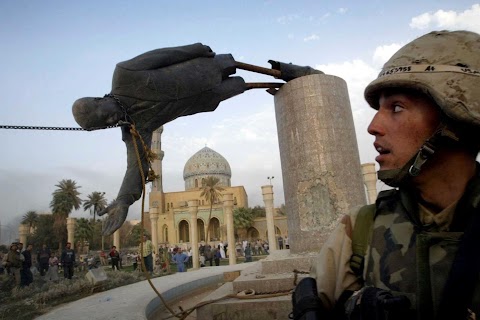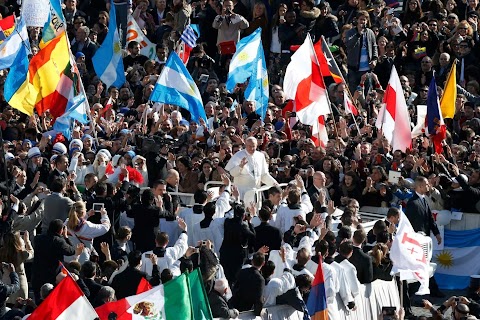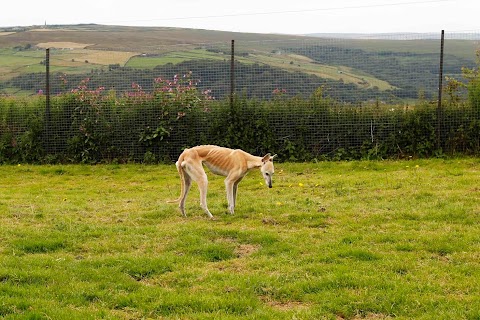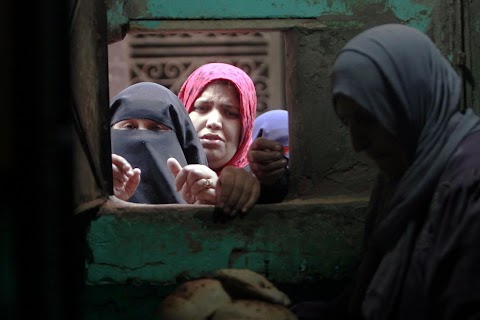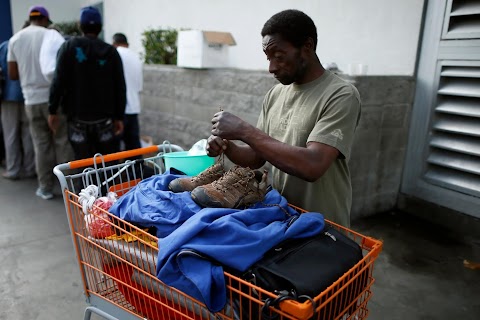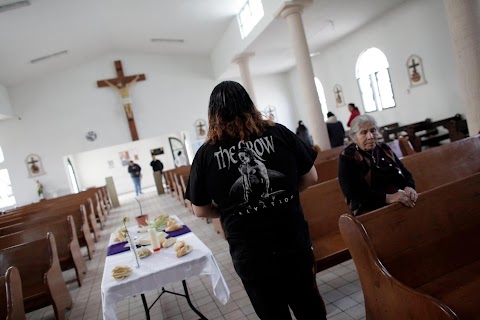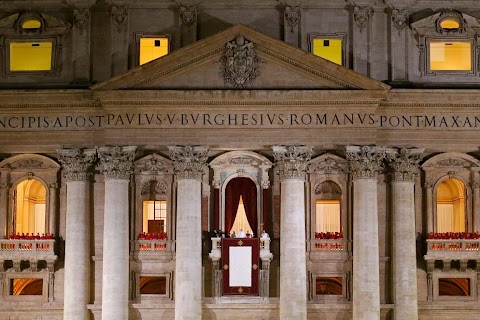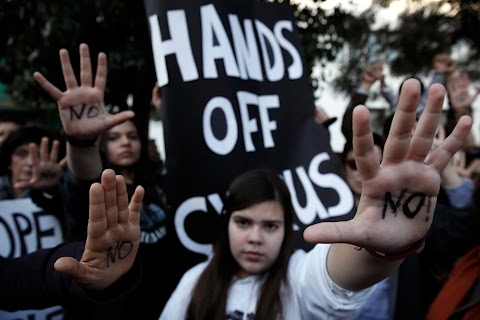
Cyprus on the brink
 Yorgos Karahalis
Yorgos Karahalis
NO, NO, NO! proclaim the open palms of demonstrators in Cyprus as they protest against a proposed levy on bank deposits as a condition of a European bailout.
Cyprus’ parliament resoundingly rejected the tax in a vote on March 19, putting the tiny country at a standoff with Europe, which said it would withhold 10 billion euros ($13 billion) in bailout loans unless depositors, including some smaller savers, shared the cost of the rescue.

With hundreds of demonstrators facing riot police outside parliament and chanting "They're drinking our blood", the ruling party abstained from the vote and 36 other lawmakers in the tiny parliament voted unanimously to reject the levy on bank deposits, bringing the Mediterranean island to the brink of financial meltdown.
Finance Minister Michael Sarris had already headed to Moscow, amid speculation Russia could offer assistance given the high level of Russian deposits in Cypriot banks, and negotiations continued with Europe to avert the spectre of a looming default and bank crash.
Slideshow

An employee of a company that transports cash waits outside a closed branch of the Bank of Cyprus. Outraged Cypriots had flocked to cash machines the previous weekend after news broke that they would be taxed on their savings, and banks remained closed over the following days to avoid a bank run.

People wait to use the ATM outside a closed branch of the Bank of Cyprus on the day of the parliamentary vote. Banks remained shut the following day awaiting an urgent decision as to whether they should reopen as planned on March 21 and 22.

Protesters shout slogans during an anti-bailout rally outside the parliament in the Cypriot capital. On the day of the vote, Cyprus revised the proposed bank deposit levy to exempt those with savings under 20,000 euros, but the measure was not enough to assuage public anger or to prevent the bill being rejected by lawmakers.

Protesters raise their open palms showing the word "No" during an anti-bailout rally.

More protestors raise their hands after parliament overwhelmingly rejected the proposed bank deposit tax.

Passers-by are reflected in the glass door of a closed branch of the Bank of Cyprus, one of the country's two largest banks, which both sustained huge losses when euro zone leaders agreed in late 2011 to write down the value of private-sector holdings of Greek government bonds.

A man walks past shops in central Nicosia on the day the proposed bank deposit levy was announced.

A saleswoman stands inside a fur shop in the coastal Cypriot town of Limassol, which is home to over 30,000 Russians and is jokingly referred to by locals as "Limassolgrad". Russian depositors have large amounts of money in Cypriot banks, leading Cyprus’ finance minister to negotiate with Moscow for help to avoid financial collapse, although the first round of talks on March 20 failed.

Cyprus does not just face financial problems: it is a place of ethnic division between Greek and Turkish Cypriot nationals and a U.N. buffer zone runs through its capital. The island has been divided since Turkey invaded northern Cyprus in 1974 in response to a brief Athens-backed coup in Nicosia by Greek Cypriot hard liners seeking union with Greece.

Financial worries are pressing: people in the capital crowd into an unemployment office.

An elderly man crosses the street in front of a branch of the Bank of Cyprus.

Two Cypriot policewomen patrol at a main market street in Nicosia as pedestrians walk by shops displaying large sale signs.

A man sells balloons in the middle of the street.

A young man skates in front of the Orthodox Faneromeni church in the centre of the capital.

A woman lights candles at the Apostolos Andreas monastery in Dipkarpaz, some 150 km (93 miles) east of Nicosia in the Turkish administered northern part of Cyprus.

A man walks past a barricade outside the U.N. buffer zone in the Greek-Cypriot part of Nicosia.

A U.N. soldier stands on Ledra Street in Nicosia on April 3 2008, the day the barricaded street that symbolised Cyprus's ethnic partition for decades was opened up. The move was meant to be a step towards reconciliation on the island, although unresolved disputes and divisions remain.

A labourer works by a Greek Cypriot policeman as he begins to dismantle the barricade in Ledra street. Hundreds of Greek and Turkish Cypriots crossed Ledra after the 80-metre (262 ft) stretch of road was opened to pedestrians.

Turkish and Greek Cypriots line up at the Ledra Palace check-point before the Ledra barricade came down. Questions about the future of the island then, as now, remain unresolved.
